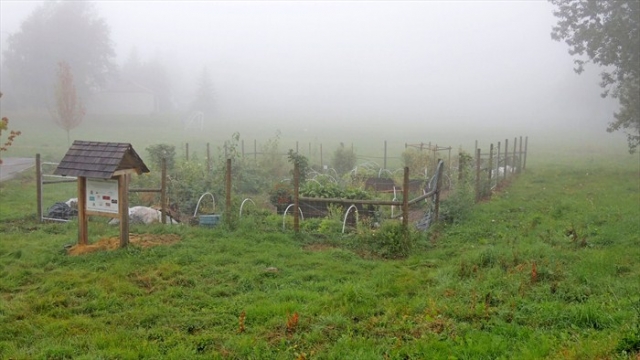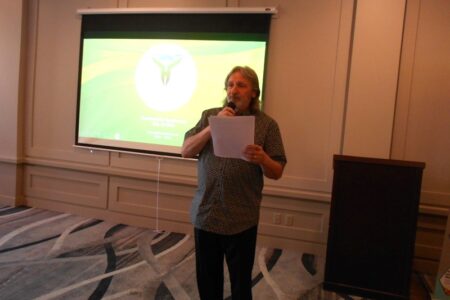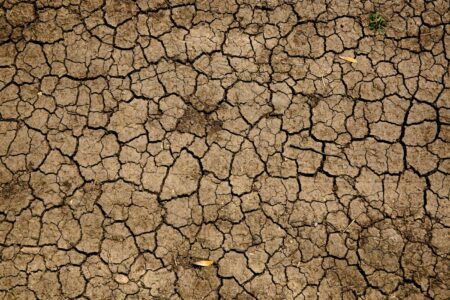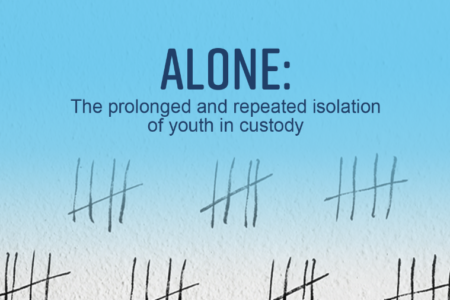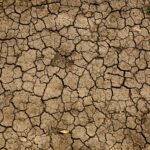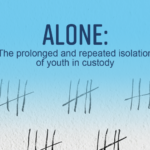Jubilee wetlands -- boon or bane?
You might remember the days when wetlands were called “useless swamps” and were drained, filled in, used as dumps, or otherwise destroyed by our ignorance of their value to life on earth. Gradually, people have realized that wetlands are vital habitat for many species of plants and animals, and also very important for retaining, filtering, and purifying water.
The Federal government recognizes the value of the many functions that wetlands perform, and has a policy of “no net loss” of wetlands; not only that, but there is a new “National Conservation Plan” including plans to restore degraded wetlands, and a fund valued at $50 million to support wetland restoration projects across Canada. Provincially, the BC Ministry of the Environment has a web page devoted to wetlands, which opens with this paragraph:
Wetlands are one of the most important life support systems on earth. Currently comprising about 5.6% or 5.28 million hectares of British Columbia, they provide critical habitat for fish, birds, and other wildlife. Most wildlife in the province use wetland habitat at some point in their life cycle, and many red- and blue-listed species are wetland-dependent.
Jubilee Park
Jubilee Park and the school now occupy an area that was once a wetland — and as most of us know, there is still that wet, marshy piece of ground at the north end of the playing field, which the City has filled in, levelled, and attempted to drain. But it remains wet.
Wouldn’t it be better to restore it to a functioning, aesthetically pleasing wetland that can be a usable space for humans and wildlife, an educational tool for the schools and potentially cost the City less money to maintain than it does in its current waterlogged state?
Some local enthusiasts are applying for funding to do a feasibility study to find out whether it would be possible, and desirable, to implement a restoration project there.
But — what about mosquitoes?
A functioning wetland will not breed as many mosquitoes, and the ones it does breed will be controlled better because the wetland will attract and provide a home for mosquito predators such as dragonflies, damselflies, birds, and bats — and tadpoles, who eat mosquito larvae.
Right now, Jubilee Park has shallow standing water and tire ruts, filled with water without mosquito predators, so mosquitoes can breed there prolifically — and survive to bite us. And perhaps spread West Nile virus.
A thing of beauty
A properly restored wetland is not only valuable for water management and as habitat for birds, frogs, salamanders and much more, but can also provide a place of beauty for residents to view. It should have shallow ponds, and display a visually pleasing variety of plant life, rather than just a boggy expanse of field with grass and dandelions. Why not have an attractive and beneficial “water feature” where water exists naturally?


